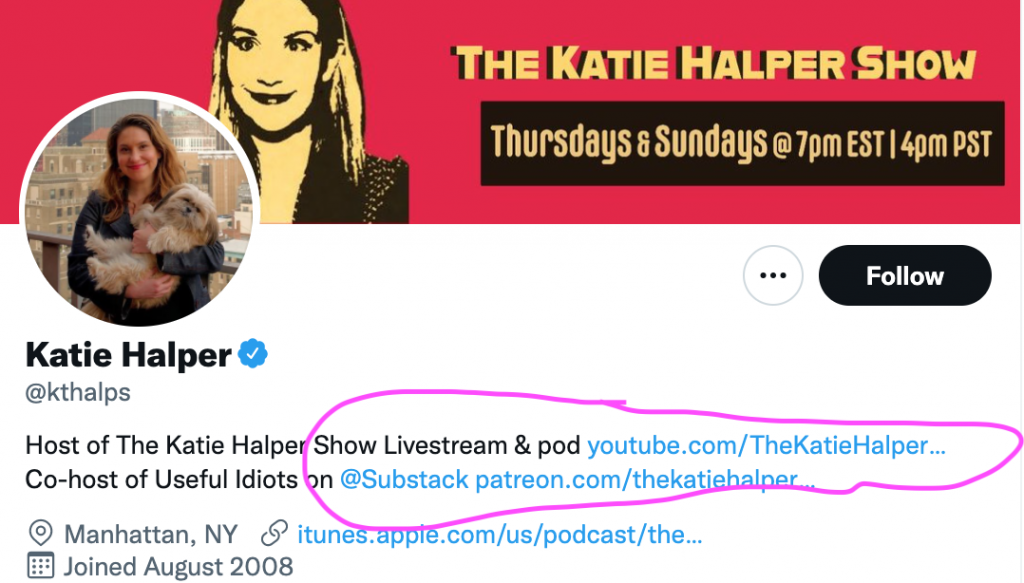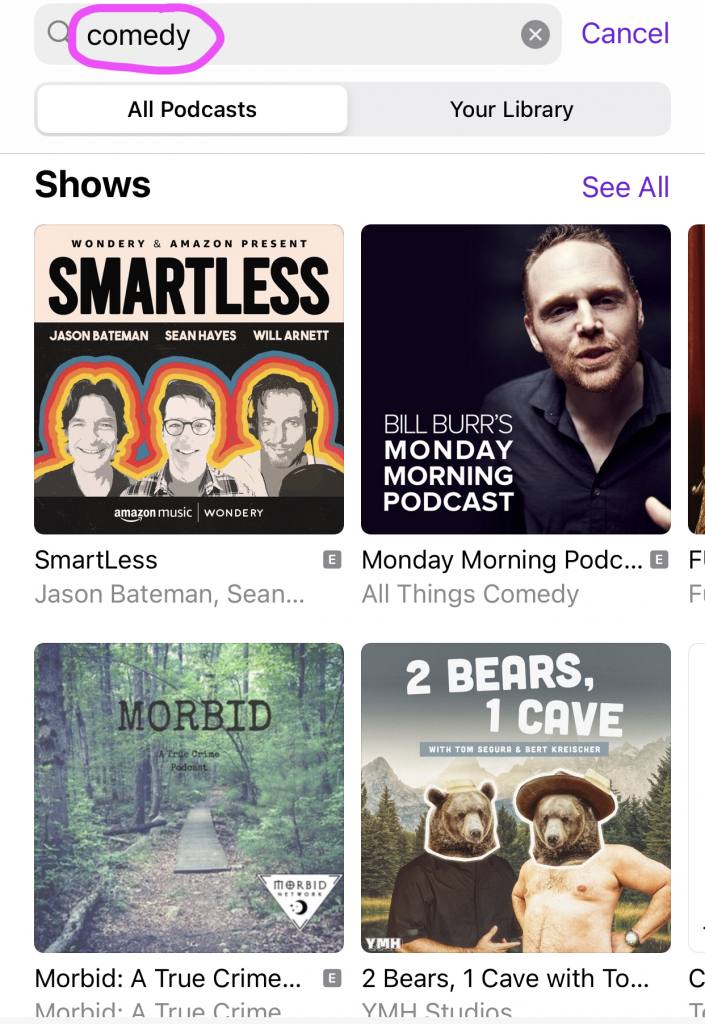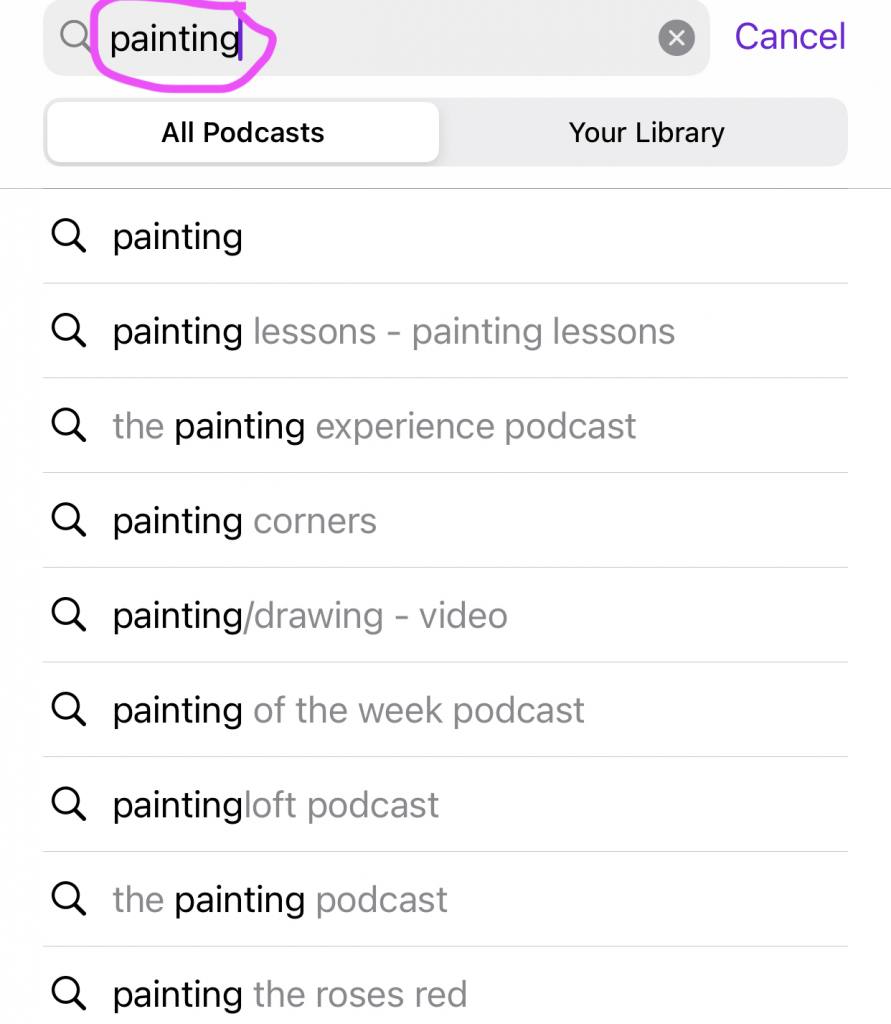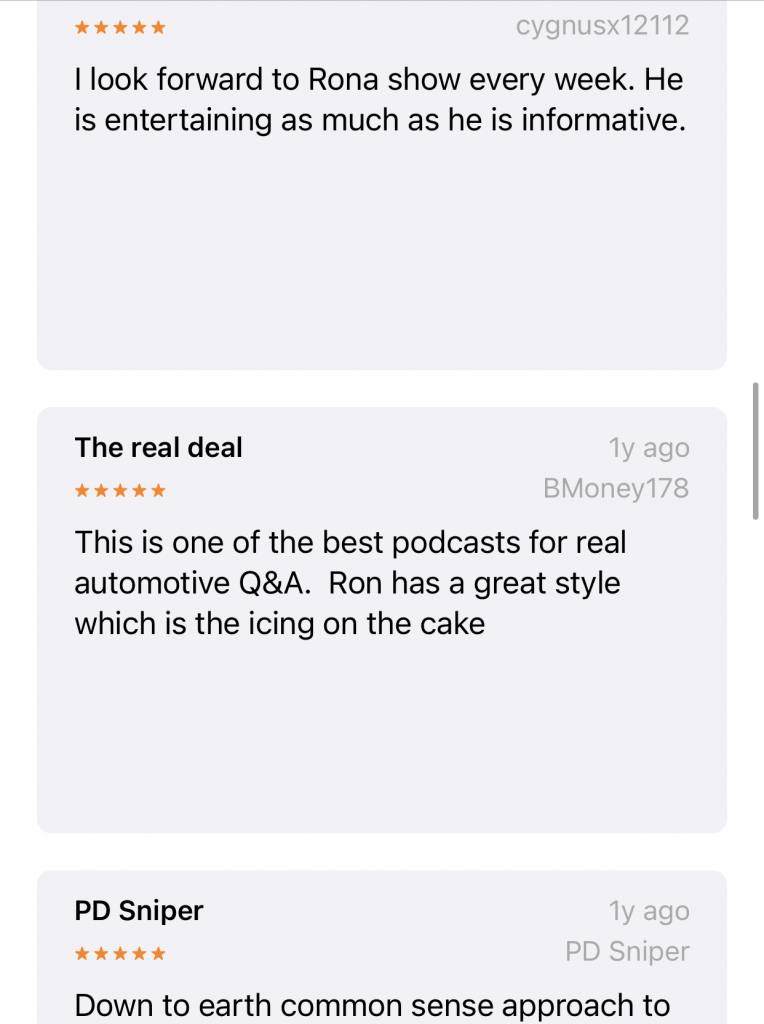Research on the Run
Research on the Run
-Mr. Marshall, Librarian
Virtually everyone, at one point or another, says or feels that they simply don’t have enough time to do, you know, whatever it is they need or want to do. Even over the past 18 months, time has obviously remained finite; it’s the way we spend it that may have changed. This does not necessarily mean however the “free time” has increased. For many people, it’s the opposite. Many things (and the quality thereof) fall victim to time constraints and competing priorities. Learning – and research in particular – are no exceptions. Still, there are ways to “save” time while pursuing interests for pleasure or for work (research, remember, does not have to be related to professional pursuits; this is quite clear in the uptick in people imploring those of us deemed insufficiently knowledgeable on the apparent dark secrets of power to “do your own research”, which, generally, produce findings of low – and untrue – quality).
Not only is the challenge to pursue information needs in a time efficient manner but also to do so while interacting with qualitative sources. The best research, optimally, would allow unlimited time to pour over the most exhaustive books, studies, primary sources, expert narratives, long-form interviews/documentaries, original conversations and interviews, academic journals and the like. Unless that is your job, or you literally have no other worldly responsibilities to do, this is not realistic. Thus, there are some worthy replacements (not substitutes, but other options that provide a high return when considering the time/ease of use coupled with the help they provide) that one should consider.
The two most accessible solutions to the time problem are the social media application Twitter and the audio format of podcasts. Regardless of subject, there is a plethora of information out there for you. The key is to making the most efficient use of your time and to find things that are actually going to help. Twitter can break down news, research and knowledge into digestible pieces (or connect a user with long form sources that can be saved for later and perused intermittently as time permits).
Let’s start with Twitter. The reason Twitter should be considered a quality research tool is because tweets generally link to articles that can be read in minutes. There are obviously Twitter accounts that exist solely to trigger, troll, joke or confound people, but we are assuming here that people are looking for actual quality information when they are seeking knowledge for research or learning.
Once you establish credible accounts to follow (which is done by simply looking at the account’s previous tweets are determining its worth to you), you will discover short video clips, screen shots and succinct analysis in Tweet themselves. You can find a wealth of sourced information in just a few minutes, and can decide to take a few more minutes to read the articles that some tweets link to or compile a bibliography for later exploring.
Here are the steps to cement your research:
- download the app; you do not NEED to have a Twitter account to view info, but you do to like or save a Tweet. It’s best to have an account so you can follow accounts you find valuable. Stop by the library if you need some help with this (and follow us @baliislibrary).
- search the general internet for the best Twitter accounts for your interests. This will probably produce medicare mainstream accounts but it’s a starting point. Check out those accounts and scroll through some of their recent Tweets; are they helpful to you? Do they tweet often enough to stay relevant?
Do the commenters (other Twitter users commenting on the original Tweet)provide additional information?

- Search multiple phrases related to your desired topic, since Google (or other search engines) don’t use controlled vocabulary (yet their algorithm does account for lack of it). What this means is that you won’t get results in the top of your search if you type “car repair” instead of “automotive repair” or “motor vehicle fixes”, so use related terms to make sure you cover your bases. You can combine these all to save time (“investing tips advice help”) but you may lose a valuable source that would only come up if it was tagged with “tips” instead of all 3 (it will appear, but lower in the results and when is the last time you clicked past the first page of a search engine result, though you always should because Google results produced on page 1 involve quite a few factors, with less popular but incredible valuable sources ushed to pages 4 and beyond because of a myriad of reasons, some as nefarious as you think).
Most of the time, sites that recommend Twitter accounts will link directly to them.

- search hashtags or phrases you want within the app. If it is a hashtag (a typed phrase that automatically turns into a link and will produce results(no spaces), use the # before the word; for example #indonesia. Add additional tags to narrow your results (#indonesia #economy). Keep mainstream phrases in mind at first.

- at the outset of setting up a Twitter account, the app will ask you if you want to follow certain topics. I would skip this initially; it’s a ploy to follow the biggest accounts (which doesn’t mean the most helpful) however if you are open to starting your research from scratch, go ahead. Twitter doesn’t offer every topic, but they hit the main ones and the more in-depth once they know what you like.

- Once you find a few accounts you like, click on their profiles and then clicking “Following”. This shows you the accounts that the account you value get THEIR info from. This is probably the best way to discover “deeper” quality.

Some of the best accounts in a given field are not the most popular; don’t pay too much attention to how many followers an account has, especially if you find value in it yourself.

Continue to do this; check the “Following” in any accounts you deem helpful. It can get tedious and long, but take breaks in between; in the end it will be worth it. It’s best to know who the best respect.
All of this does not sound time-saving, does it? Fair call. However, it is easier than it sounds, plus once you put in the effort in the beginning and set up your feed (seeing the Tweets of the accounts/topics you follow) the scrolling (looking at the tweets and subsequent attached links) and discovery takes seconds. Best to invest a bit of time now to ensure quality later.
The next resource is podcasts. Podcasts are saved audio recordings that can be streamed/downloaded anytime. These generally work the same way as far as finding the best ones, though the medium/platform (tech/website where you get the podcasts) are different. A lot of Twitter accounts have podcasts links in their profile (including for former BIS parent CJ Werleman, who some of you may remember and has had quite the ideological journey since he left after the 2nd Bali bombing in 2005).
For my money (most podcasts are free by the way; the really successful ones usually will put out one free and one pay episode per week, with the pay episode being usually about $5 a month via Patreon, Stitcher, Apple Podcasts, Spotify, etc). Apple Podcasts offers the best interface to find and use podcasts, but any will get the job done; virtually all of the platforms seem to integrate with wherever the podcast you choose originated/was produced from, so if you search one place, that’s generally good enough.
The concept is the same; search your topic of choice. Podcast searching is best done with one keyword. Peruse the returned results and either click play on one of the episodes or take the name of the podcast and search it in Twitter or a search engine; see what comes up. The best podcasts in any field will have quality people either as commenting as fans. Most podcasts are also simulcast on YouTube as well. You will get a quick snapshot of what the listeners think.
The time saving aspect of podcasts is that you can listen to them while doing other things; driving, laying on the beach, cooking, anywhere. Podcasts should basically be listened to while doing something else. Just tune in to your active listening skills, you’ll be alright.
These tips are merely dust mites on the mountain of information-seeking behavior and options available in the world today. No one can digest all the available information in the world, or even what content has been produced across the world in the time it took to read this article. However, if we can get our hands, eyes and ears on some sources that are interesting and credible, and can do so in a time efficient manner that does not detract from other daily responsibilities and interests, that can’t be bad. So get started and remember that the library is always here to help.
-Mr. Marshall, Librarian





